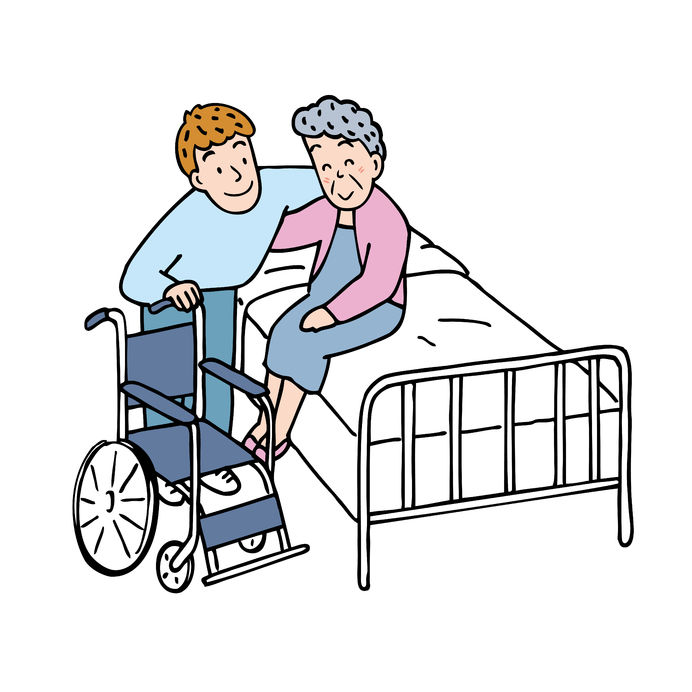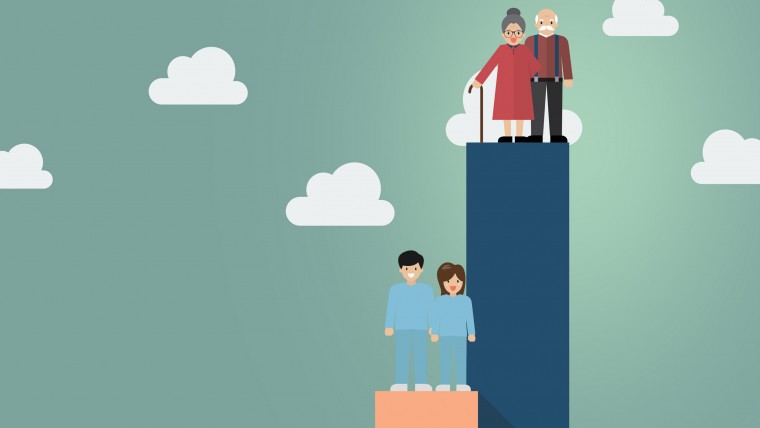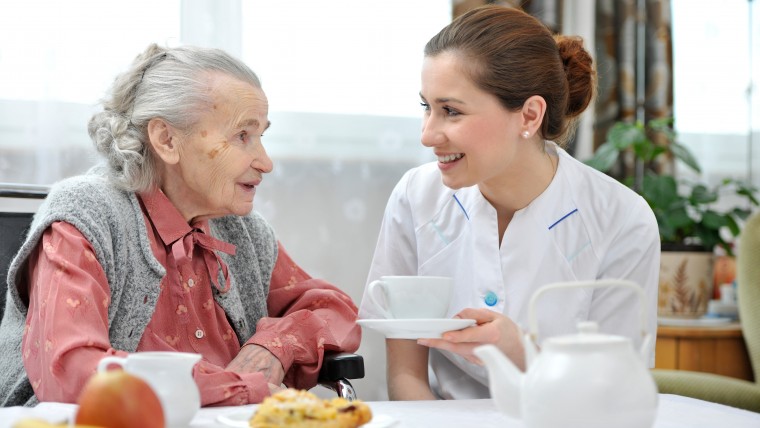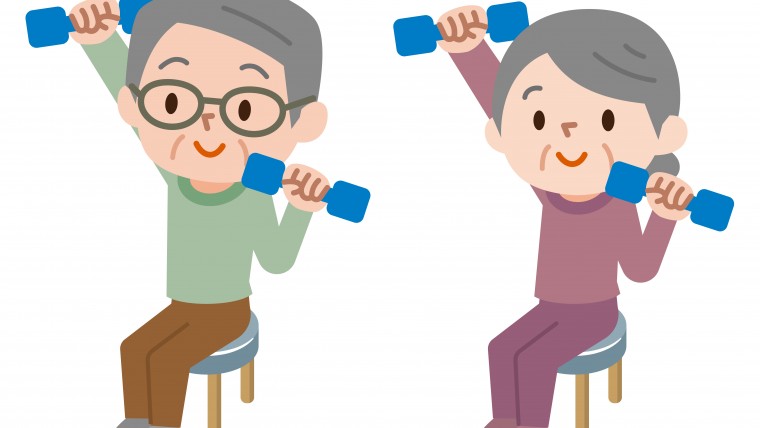By: Résidences-Québec Housing Counsellors
Falls : tragic consequences
Over the years, the experience of families in senior’s housing centres or residences shows that falls have tragic and sometimes fatal impacts for the person involved. We are no longer keeping track of the number of elderly people requiring urgent placement in a residence due to a diagnosis of a balance disorder or major mobility problem causing falls. We regularly hear of people who have fallen and have suffered a fracture or major injury.
For an older person, it may be difficult to fully rehabilitate or recover following a fall. Sometimes it is in fact a fall that will disruptively affect the already precarious health of the elder and precipitate a request for accommodation.
We would like to provide information on how some residences could help reduce and control these hazards, because residential accommodation can help manage the risk of falls, but does not completely eliminate them.
How to prevent falls in seniors
We believe in prevention and want to share our experience with you, while helping you to see the reality of the limits of certain residences.
First, it would be unrealistic to think that a residence or a housing centre can absolutely protect anyone from falling. It is important to understand that a fall is an accident, sometimes hard to avoid and that despite all the measures in place, they is always a possibility that they could happen. Some residences take more precautions than others to control and prevent the risk of falls. When the risk of falling is high, we understand the importance of directing you to a residence that will better meet this need. We know the residences and housing centres that would be best for you and your specific case.
Some residences and nursing homes have an occupational therapist on hand immediately upon admission of a new resident. This health professional assesses and identifies the risks of falls and develops an intervention plan to prevent and avert potential risks as much as possible.
A more ergonomic environment to prevent falls
Ergonomic use of the room of the resident is commonly recommended to prevent falls. For example, the furniture, including the bed and armchairs, as well as the toilet seat and the bath or shower, are adjusted so that the transfer is safer. This change in the immediate environment of the resident makes a significant difference compared to the home environment that may be unsuitable.
Also, most residences have floors that are generally flat, with ramps and elevators. The use of a scooter and a walker can even be encouraged during the daily trips from the dining room to the living area. The residences we are familiar with acknowledge the importance of flat floors as pathways, technical aids and sometimes go so far as to offer guides that will accompany a resident from the dining room to the living area. Stairs, slopes and uneven surfaces that are conducive to imbalance are rare or don’t exist at all.
Cognitive losses and falls
With advanced cognitive losses, some residents may forget their limited mobility or show reckless behavior that increases the risk of falling. Some people may lack judgment about their ability to get up from a chair or getting dressed, for example. In these cases, a technical aid that would have helped the person, is declined by the individual who believes they can move by themselves. It`s not unusual for people experiencing cognitive loss to believe they are living in a different time than the present. Sometimes they overestimate their physical abilities and forget they are at risk of falling. In these cases, some residences use a sound cushion on the armchairs and on the beds. Thus, when the person moves, the cushion is connected to the call center system and signals the attendant on duty before the person moves. This is the idea behind the sound cushion, to prevent falls.
The risk of falls does not disappear completely following a move to a residence or a housing centre. On the other hand, there are methods of prevention and supervision which some residences are more attentive to than others.
Do not hesitate to ask for help and visit residences that we recommend while you`re accompanied by us. We look forward to helping you find the best environment that is adapted to your needs and that will ease your mobility year after year.
For more information about preventing falls:
Need help?
Contact a residence advisor to help you in your search for a residence
844 422-2555
Service free of charge for beneficiaries
Member of ACHQ
Need help?
Contact a qualified residence advisor for help with your search and accompany you until the signing of your lease for FREE.
Our assistance service for the elderly is FREE*
844 422-2555
* Our residence advisors are paid by the network of private residences in Quebec certified by the Ministry of Health and Social Services.



